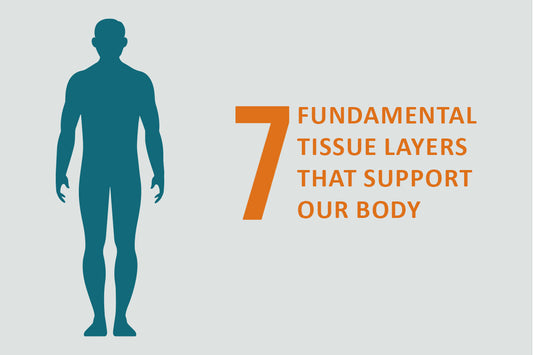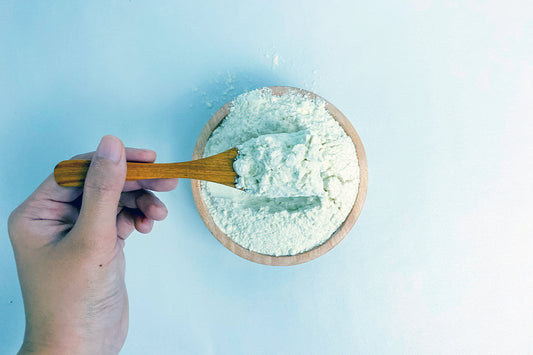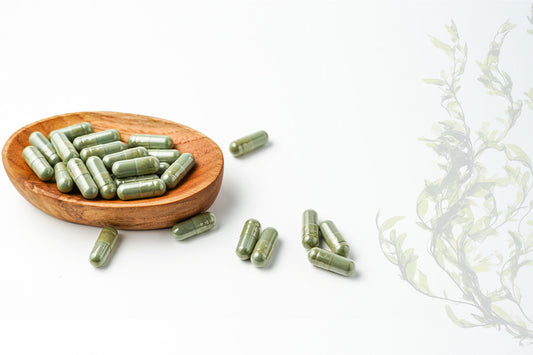Maintaining optimal skin health involves more than just a good skincare routine. What you eat plays a significant role in how your skin looks and feels. Certain foods, in particular, can contribute to skin issues, leading to discomforts like acne, dryness, and premature aging. If you’re aiming to keep your skin looking its best, it’s essential to be mindful of what you include in your diet. Here’s a look at five foods that are bad for your skin health.
- Cow’s Milk and Dairy Products
Dairy products, especially cow’s milk, are often linked to various skin conditions. The hormones and bioactive molecules present in milk can influence your skin’s oil production, potentially leading to clogged pores and acne. For some people, dairy can also lead to skin issues. Studies have shown that dairy consumption can be linked to acne outbreaks, making it a key factor in the quest for clear skin.
The reasons behind this connection are multifaceted. Cow’s milk contains androgens, which can stimulate sebaceous glands in the skin, leading to increased oil production. This excess oil can mix with dead skin cells and become trapped in pores, creating an environment conducive to acne formation. Additionally, the presence of insulin-like growth factor 1 (IGF-1) in dairy can also elevate insulin levels, leading to aggravating skin issues. For those experiencing skin problems linked to dairy, considering alternatives such as almond, soy, or oat milk might be beneficial.
- White Bread and White Rice
White bread and white rice are high glycemic index (GI) foods, meaning they cause a rapid spike in insulin levels. This sudden increase can negatively affect your skin. High GI foods can worsen acne by increasing oil production and contributing to the breakdown of collagen and elastin in the skin, essential proteins that maintain skin's elasticity and firmness.
The glycemic index measures how quickly a food raises blood sugar levels. Foods with a high GI cause a quick spike, which can lead to elevated insulin levels & production in the skin. This excess oil can clog pores, leading to acne and other skin issues. By choosing whole grains, which have a lower GI, you can help maintain more stable insulin levels and support better skin health. Whole grains like quinoa, brown rice, and whole wheat bread are excellent alternatives that offer a steadier release of energy and fewer skin disruptions.
- Fried Foods
Fried foods are high in saturated fat, which can lead to inflammation in the body. This inflammation doesn’t just affect your internal health; it can also show up on your skin. The excessive use of oils in frying can contribute to oily skin, acne, and even premature aging. The high fat content found in fried foods can reduce the skin’s ability to retain moisture, leading to dry, flaky skin.
The process of frying often involves using oils that are high in trans fats, which are known to impact inflammatory response in the body. This can manifest in the skin as redness, irritation, and breakouts. Additionally, the unhealthy fats in fried foods can contribute to a decrease in skin elasticity, making it more prone to wrinkles and sagging. To avoid these effects, consider preparing your meals through healthier methods like baking, grilling, or steaming. These cooking methods use less fat and help preserve the nutritional quality of your food.
- Highly Processed Foods
Highly processed foods are often loaded with sugar, unhealthy fats, and artificial additives. These ingredients can be harsh on your skin, leading to various issues. Excessive sugar intake can disrupt the balance of your skin’s natural oils, potentially contributing to dryness or breakouts. Processed foods also tend to be low in essential nutrients, which are crucial for maintaining healthy skin.
Moreover, processed foods often lack vitamins and minerals that are vital for skin repair and health. Nutrients like vitamin C, vitamin E, and omega-3 fatty acids, found in fresh fruits, vegetables, and whole foods, are essential for maintaining skin’s elasticity and moisture. By opting for whole, minimally processed foods, you can help ensure your skin gets the nutrients it needs to stay healthy and vibrant.
- High Glycemic Index Foods
As discussed earlier, high glycemic index (GI) foods can have a significant impact on your skin. High GI foods often include sugary snacks, sugary beverages, and certain starchy foods.
The effects of high GI foods on your skin are linked to how quickly they are digested and absorbed into the circulation. To maintain healthier skin, consider incorporating low GI foods into your diet, such as legumes, whole grains, and non-starchy vegetables, which provide a steadier release of energy and help maintain balanced glucose levels.
Conclusion
What you eat can have a profound impact on your skin health. Foods like cow’s milk, white bread, fried foods, highly processed items, and high glycemic index foods can contribute to various skin issues, including acne, dryness, and premature aging. By being mindful of these foods and opting for healthier alternatives, you can help maintain better skin health and address common skin concerns. A balanced diet rich in whole, unprocessed foods and low GI options can support optimal skin health, keeping your skin looking and feeling its best.






